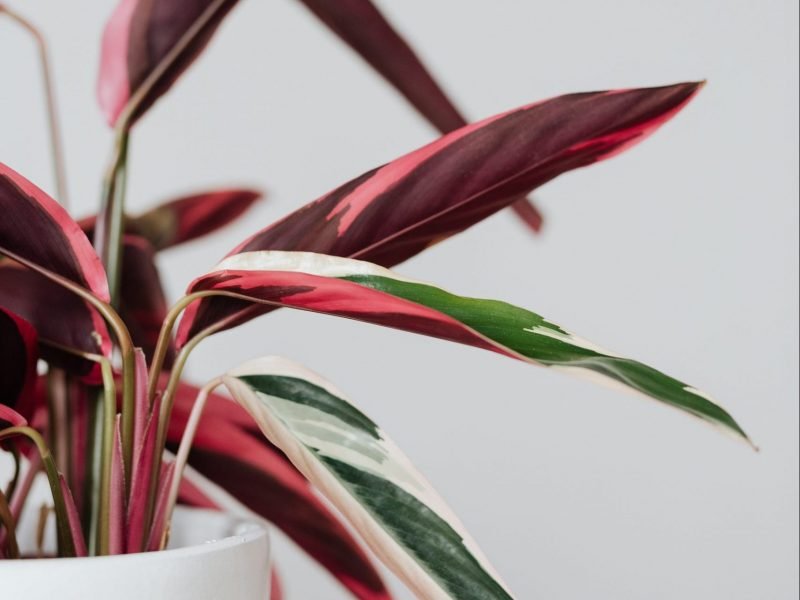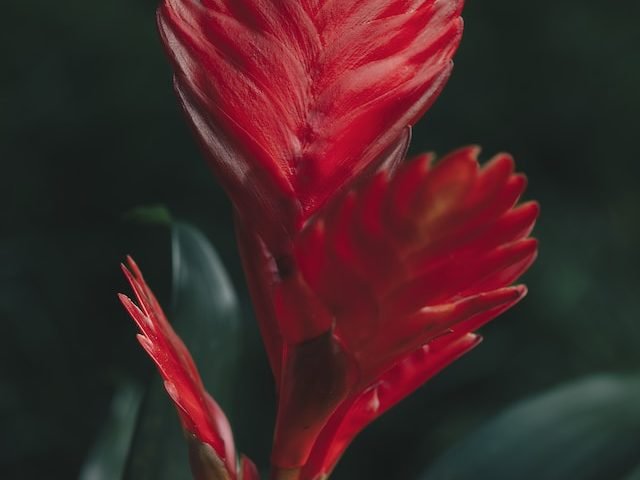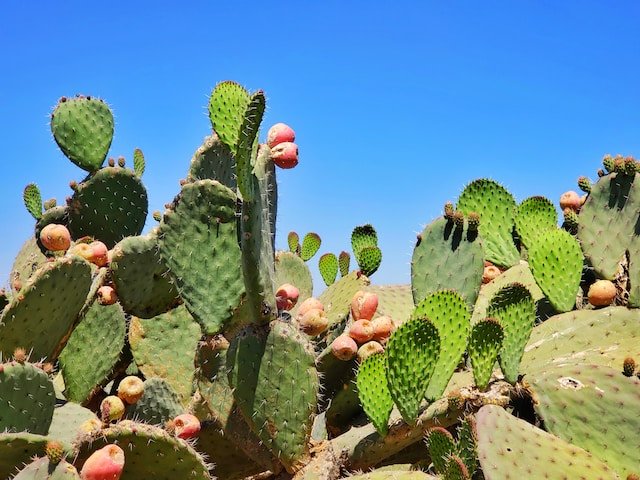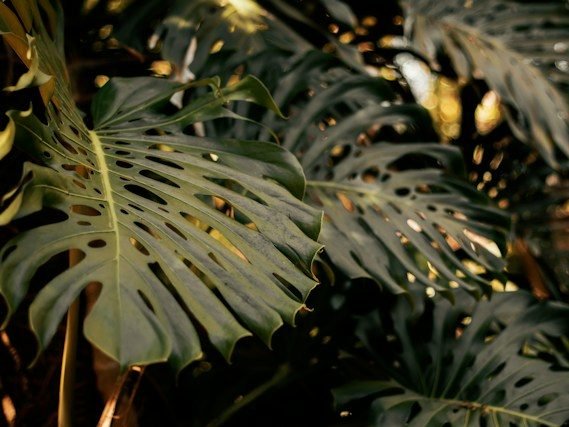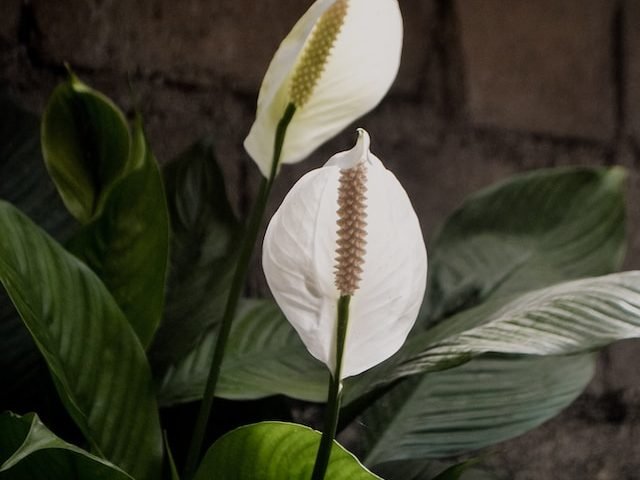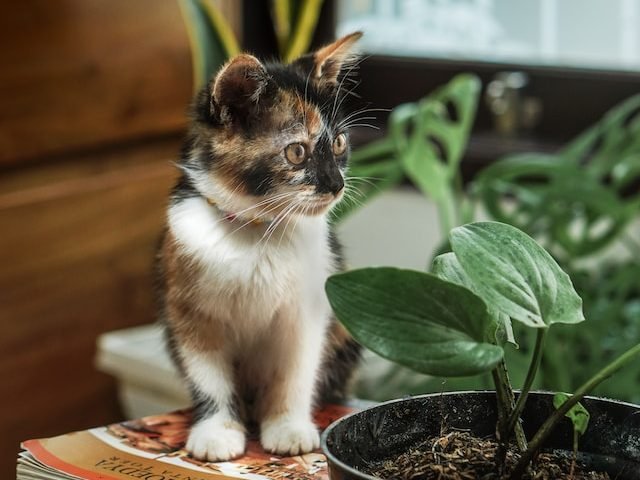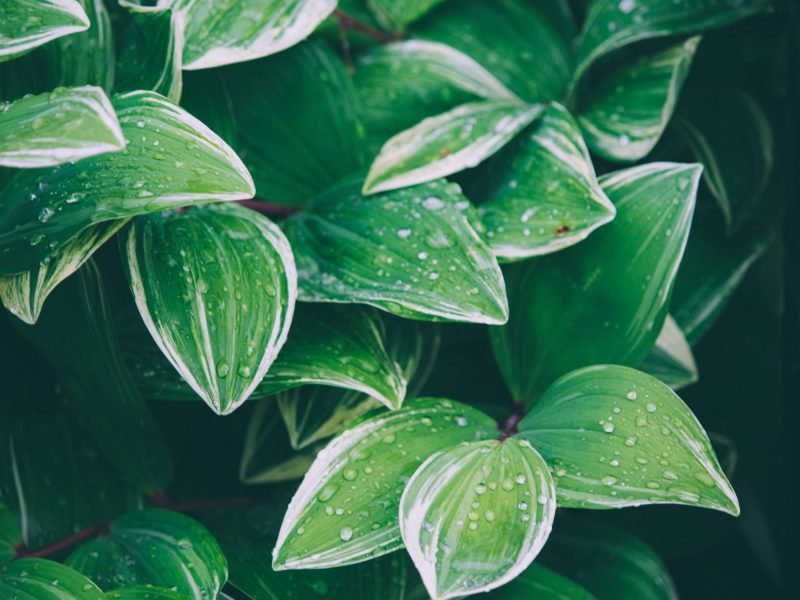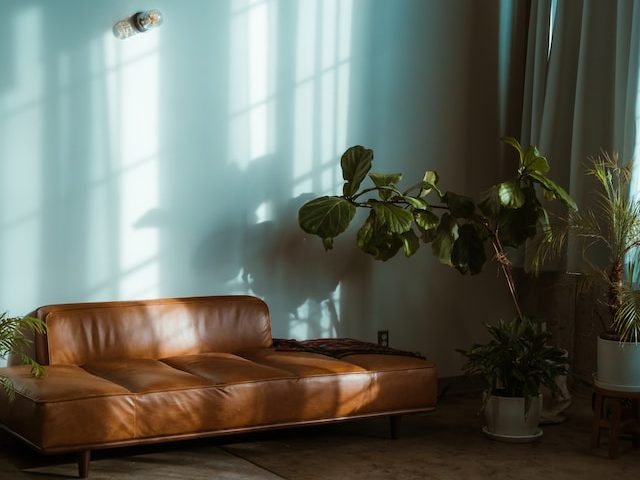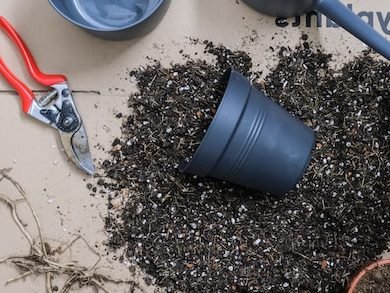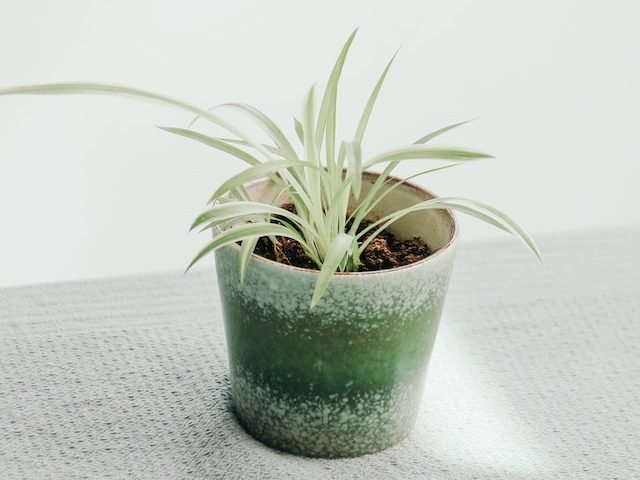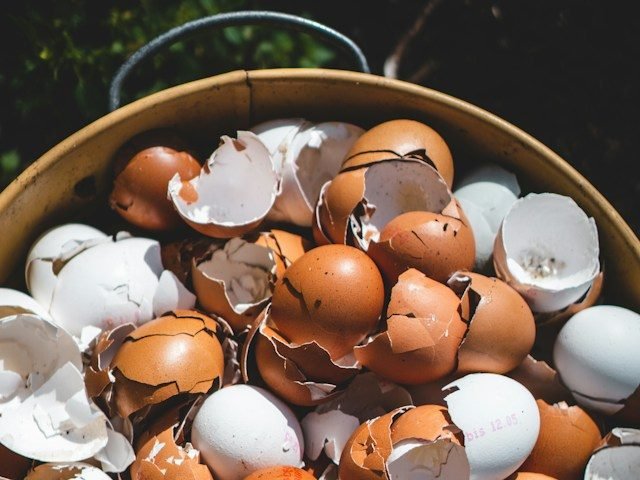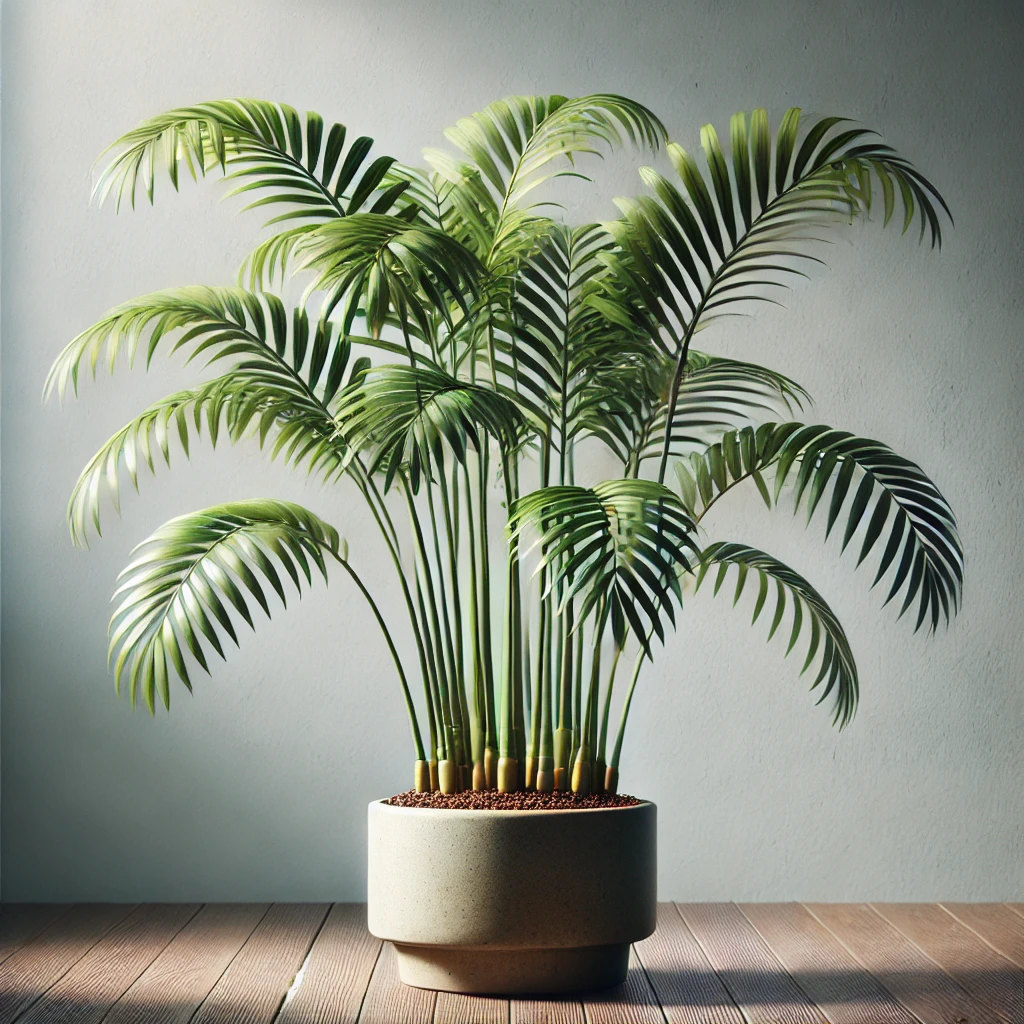
Basic Parlour Palm Care
Parlour Palms are a great way to bring some of the tropics into your home as they adapt well to a variety of conditions. However, there are a few things to keep in mind to keep your Parlour Palm thriving. Firstly, you want to find a spot that doesn’t get much direct sunlight as in summer the intense sun can burn the leaves. You can get away with some direct light during winter though so it might be a case of adapting the positioning of your Palm depending on the seasons. When watering your Parlour Palm, make sure the soil has time to dry out fully to prevent root rot. Below you will find our complete Parlour Palm care guide with all the information you need to properly care for your Palm as well as how to spot and treat common problems you might encounter.Detailed Parlour Palm Care
Keep them away from direct light
Parlour Palms love anything from medium to bright, indirect light. You want to keep them away from intense direct light or this will damage the leaves.Let the soil dry out between waterings
It’s super important that you let the soil dry out before watering your Parlour Palm otherwise you risk waterlogging the soil which can cause root rot. Water every week during summer and less during the colder darker winter months.A little humidity boost can go a long way
Parlour Palms can adjust to the normal humidity level in your home. However, misting once a week or popping them in the shower every once in a while will help to keep them happy and fend off any drier leaves.They love warmer temperatures
Parlour Palms are used to tropical temperatures so you want to keep them away from any cold drafts in your home.Parlour Palms don’t need much feed
You want to make sure you are only fertilising your Parlour Palm once or twice during spring and summer and not at all during winter.Parlour Palms are non toxic
Another reason to love the Parlour Palm is that they are completely safe for pets and humans!Parlour Palms are great air purifiers
We recommend Parlour Palms for bedrooms and offices as they are great at purifying toxins out of the air.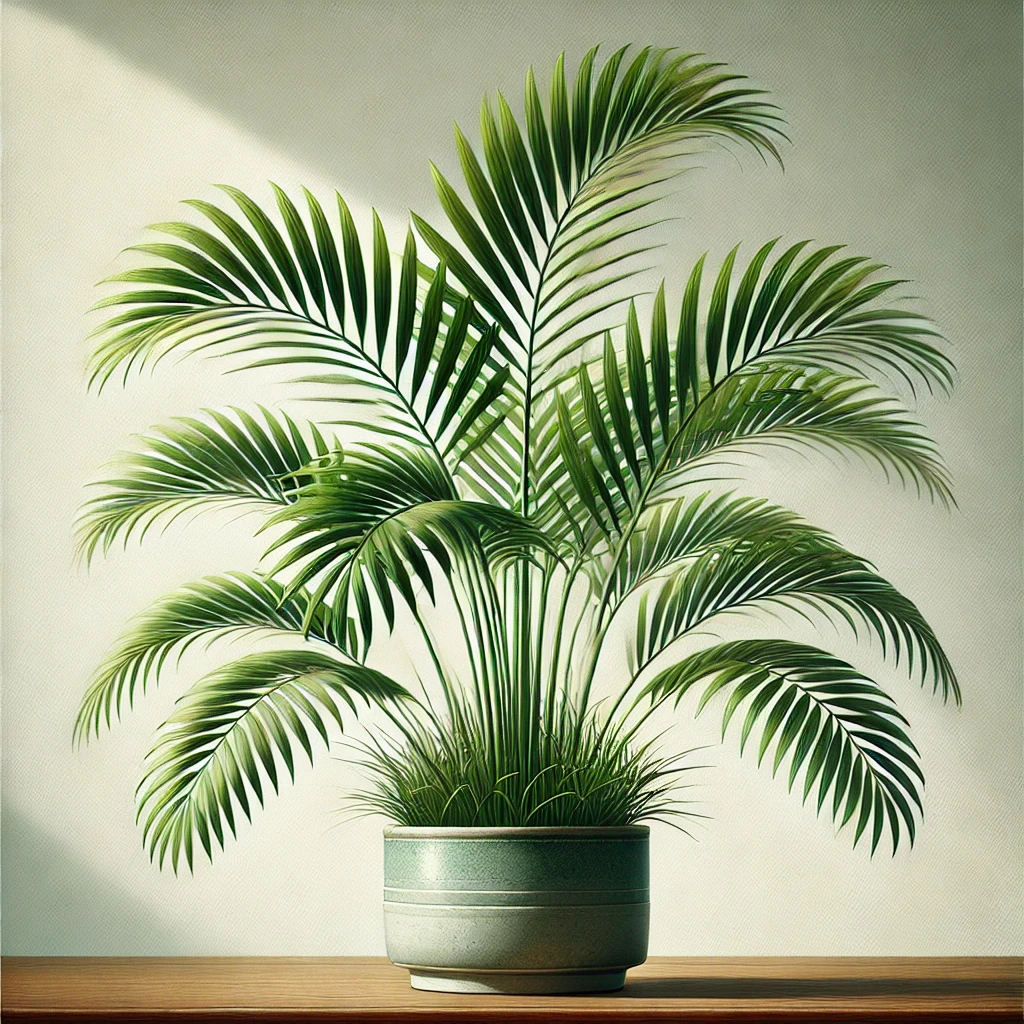
Parlour Palm Care FAQs
How tall do Parlour Palms get?
If in the right environment, and given enough space to grow, Parlour Palms can reach 3 meters. However, they are slow growing so it can take many years for it to reach this point.Are Parlour Palms toxic?
Parlour Palms are actually non-toxic and completely safe for humans and pets.Are Parlour Palms fast-growing?
The growth rate of Parlour Palms is very slow so you’ll need a bit of patience to see this one grow. However, the benefit is that this is a great palm for smaller spaces and homes.What light levels are best for a Parlour Palm?
Parlour Palms need medium to bright but indirect light. Keep them away from direct light though as this can turn the leaves brown and dry out your palm quite quickly.How often should I water my Parlour Palm?
On average you want to water your Parlour Palm once a week during summer and fortnightly during winter. It’s important that soil dries out between waterings to prevent root rot. Adjust your routine depending on how quickly the soil dries out as factors such as size, maturity, pot size, temperature and light levels can all impact how much you need to water your Parlour Palm.Common Problems with Parlour Palms
Why does my Parlour Palm have brown leaf tips?
Brown leaf tips are often caused by a lack of humidity or underwatering. Check the moisture levels in the soil to see if you need to water more frequently. Otherwise, we recommend misting your plant weekly and buying a humidifier.Why does my Parlour Palm have yellow leaves?
Yellow leaves on a Parlour Palm are most commonly caused by consistent overwatering. Parlour Palms don’t like sitting in soggy soil so replace it immediately if still waterlogged. Trim away the worst affected leaves and adjust your watering schedule in future making sure that the potting mix has time to dry out between waterings.If you want to find out more about how to best care for your Peace Lily then visit our Plant Guide or download our How to Care for your Houseplants ebook.
Complete Houseplant Care eBook
Our comprehensive (and rather good looking) eBook that will teach you everything you need to know to successfully care for, and maintain your houseplants!
Buy on


